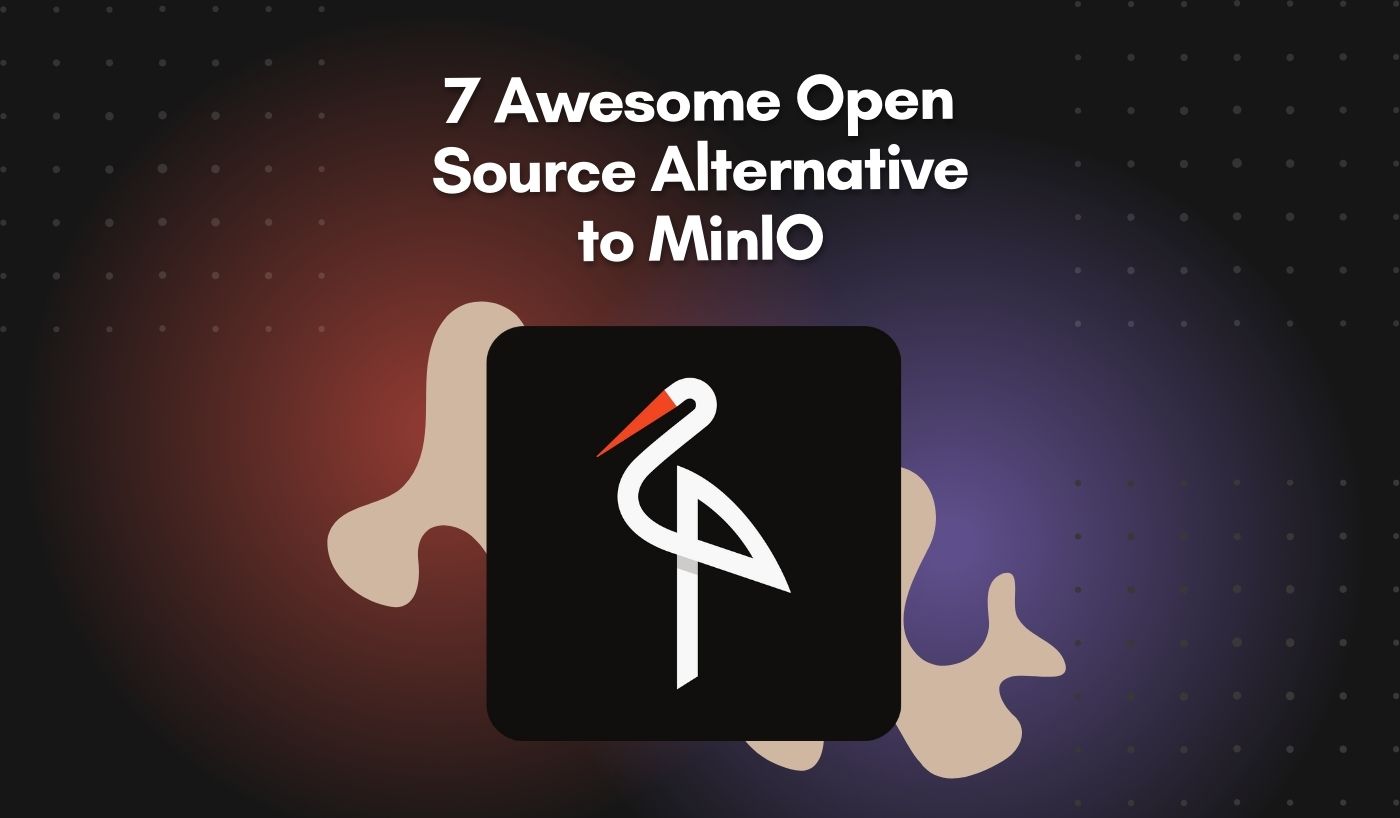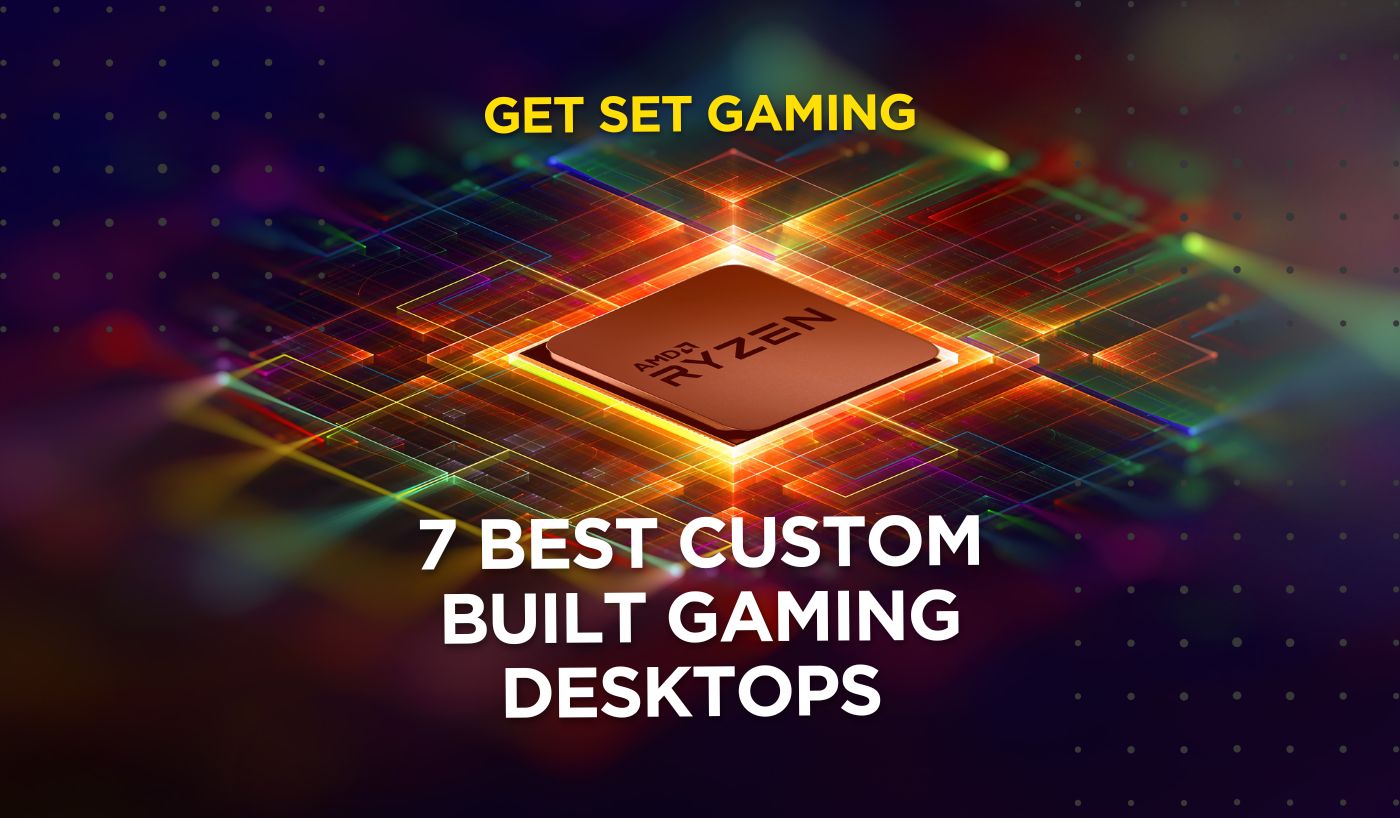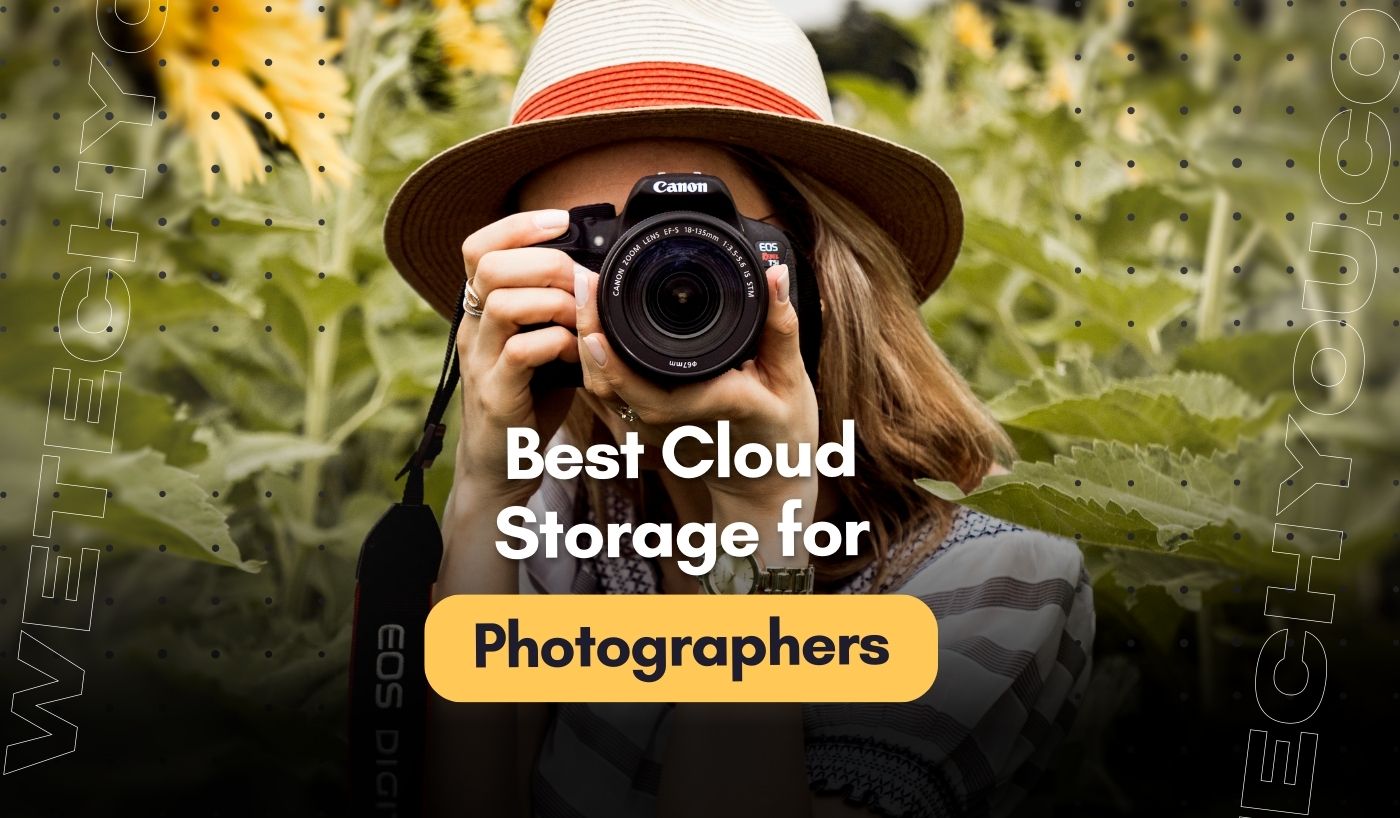Are you sick of using MinIO as your object storage server and seeking alternatives? You’ve come to the right place! Finding MinIO alternatives might be advantageous for a variety of reasons. To begin, investigating several open-source solutions helps you to broaden your expertise and experience of object storage servers. Second, having various options allows you to compare and assess them based on performance, scalability, simplicity of use, and community support.
Alternatively, you may tap into the thriving open-source community and harness the contributions and ideas of developers globally. Finally, looking for MinIO alternatives helps you to widen your views, learn about new technologies, and maybe find a better fit for your organization’s unique aims and ambitions. So, why settle for one choice when there are so many open-source alternatives?
In this article you will find seven open-source software solutions that may be used in place of MinIO. So, let’s explore the wonderful world of Open-Source platforms for storage.
MinIO Object Storage – Everything you Must Know!
MinIO is a distributed object storage system with magnificent performance. It is software-defined, operates on industry-standard hardware, and is open source, with the GNU AGPL v3 as the dominant license.
MinIO is unique as it was built from the ground up to be the industry standard for private/hybrid cloud object storage. Initially, MinIO served just objects. It was a single-layer architecture that offered all essential functionality without sacrificing performance. Now, a cloud-native object server that is performant, scalable, and lightweight has been created.
Key Features
- Erasure Coding: With a maximum parity of N/2, MinIO’s implementation can guarantee continuous read and write operations with only (N/2)+1) functioning drives in the deployment.
- Bitrot Protection: MinIO’s optimized version of the HighwayHash Algorithm ensures that damaged data is never read – it catches and fixes malformed objects on the fly.
- Encryption: To safeguard data, MinIO provides a variety of sophisticated client-side and server-side encryption techniques. The MinIO technique ensures secrecy, integrity, and authenticity while incurring little performance overhead.
- WORM: When WORM is enabled, MinIO disables any APIs that can alter object data and metadata. This implies that once data is written, it is tamper-proof.
Worth Exploring Top 7 Open-Source MinIO Alternatives!
1. NextCloud
NextCloud is a cloud-based collaboration tool that allows users to store, sync, and share files and manage calendar events, contacts, and other personal or work-related data. It offers consumers a private and secure cloud storage solution that can be accessed from any internet-connected device.
Key Features:
- To assist users in managing their schedules and contacts, Nextcloud offers a calendar and contacts app.
- It offers a full online office suite, including document editing, spreadsheet creation, and presentation features.
- Nextcloud allows consumers complete control over their data, allowing them to select where it is kept and who has access to it.
- Nextcloud supports a wide range of third-party apps, allowing users to extend its functionality according to their needs.
2. ownCloud
ownCloud creates and distributes open-source software for content collaboration, enabling teams to quickly share and collaborate on files regardless of device or location. Over 200 million people worldwide currently utilize ownCloud as an alternative to public clouds, gaining more digital sovereignty, security, and data protection.
Key Features:
- Its Space Project folder guarantees data management, security, and compliance while improving user experience and minimizing administrative effort.
- ownCloud integrates with OnlyOffice, Microsoft 365, Collabora Online, and Microsoft Office Online.
- Infinite Scale by ownCloud uses cutting-edge security standards and practices to guarantee improved data protection and privacy.
- OwnCloud enables the implementation of on-premises, hybrid, or data center solutions for organizations with stringent data governance needs.
3. Seafile
Among MinIO Alternatives list, Seafile is a high-reliability, high-performance open-source enterprise file sync and sharing platform. Seafile’s feature set is like Dropbox, Google Drive, and Office 365, but it allows customers to run the server on their hardware. Seafile’s main feature is file sync and sharing. It offers client programs for operating systems, including Windows, Mac OS, Linux, iOS, and Android. It also has a simple online interface for viewing files in a web browser.
Key Features:
- A library creation may be synchronized selectively into any device. File synchronization that is dependable and effective boosts your productivity.
- Access files from the cloud in your local S: disc without syncing.
- A library can be protected using a password that you choose. Before synchronizing to the server, files are encrypted.
4. Ceph
Ceph is a distributed storage system developed to meet large-scale data storage demands for scalability, reliability, and performance. Instead of depending on a single server, Ceph enables users to store, organize, and access data across a cluster of machines. Because this distributed topology reduces bottlenecks and single sources of failure, performance, and fault tolerance increases.
Key Features:
- Ceph is scalable, allowing enterprises to scale their storage infrastructure as their data requirements grow.
- Ceph employs a distributed design in which data is dispersed among numerous nodes.
- Ceph offers object storage, allowing enterprises to store massive volumes of unstructured data, including photographs, videos, and documents.
- Ceph also offers block and file storage, giving it a flexible option for a wide range of storage needs.
5. Internxt Drive
Internxt Drive is a cloud storage platform that provides solutions for safe and private content storage and sharing. It intends to offer a decentralized alternative to big cloud storage services such as Google and Dropbox. Furthermore, Internxt Drive offers attractive pricing options that are frequently less expensive than standard cloud storage providers.
Key Features:
- End-to-end encryption is used by Internxt Drive to safeguard users’ files from unauthorized access.
- Internxt Drive stores and manages user files across a distributed network of computers.
- Users of Internxt Drive may simply share files with others by creating shareable links.
- Internxt Drive is compatible with a variety of platforms, including desktop and mobile devices.
6. End-to-end Encryption (E2EE) Cloud
E2EE Cloud services provide a safe way to store and share sensitive data. Data is encrypted on the user’s device via E2EE, guaranteeing that only the intended recipients have access to it. This additional layer of protection gives consumers peace of mind when it comes to the confidentiality of their data.
Key Features:
- Secure file sharing is provided by E2EE cloud services. Users may securely upload files to the cloud and share them with others, knowing that only authorized users will be able to decrypt and view the data.
- E2EE cloud services provide safeguards against unauthorized access. These services protect data from possible attackers or unauthorized users seeking to intercept or tamper with the information by using powerful encryption techniques.
7. Nubo
Nubo’s Virtual Mobile Infrastructure is a technology that turns staff cellphones and tablets into virtual corporate devices. The solution enables the distribution of mobile apps while securely storing all data on a distant server, avoiding the danger of data loss.
Key Features:
- Nubo is an intrinsically safe mobile app management platform that stores no data on devices.
- Any Android app may be streamed to any device with unlimited mobile enablement.
- Nubo also provides a unified platform for all devices. Businesses can design, launch, and maintain apps compatible with iOS and Android devices using a single central remote platform.
- Nubo provides increased efficiency and lower expenses. The platform simplifies app administration and cuts costs by 70%.
Final Words!
Technology is always growing, as is the demand for effective storage solutions. MinIO has proven to be a popular option, offering consumers a dependable object storage system. However, it is critical to investigate other MinIO Alternatives, particularly open-source ones.
This blog has covered seven such options, each with its own set of features and benefits. So, don’t settle for a single solution. Before deciding, test, compare, and assess these choices.




